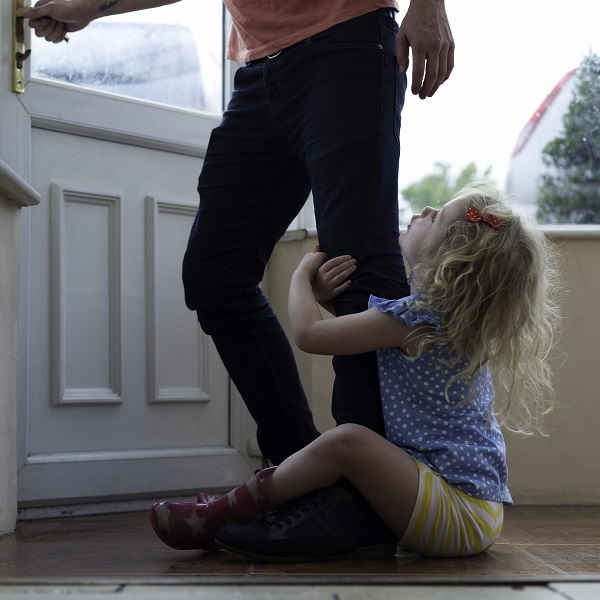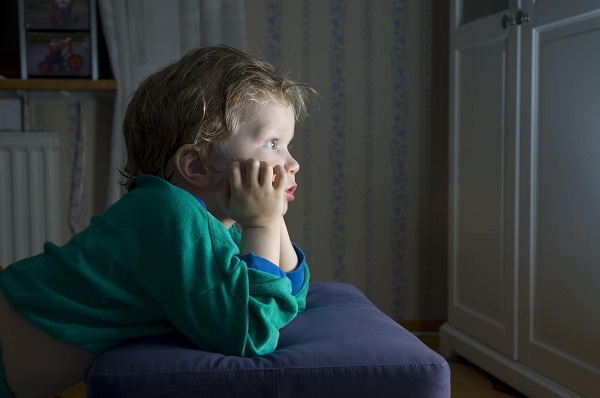A lot of children are uneasy about their parents leaving them during the preschool drop off. It’s natural that they should feel slightly adrift without their parents’ comfort and security. But while this is to be expected during the first few weeks at preschool when it happens continuously, it can be distressing for parents, children, and preschool staff alike.
Here are some ways to make the preschool drop off smoother.
[irp posts=”60319″ name=”How a feelings chart can help toddler tantrums”]Talk about preschool in a positive way
Avoid saying things like:
- If you put on your shoes I’ll give you ice cream later.
- Yay! There’s no school tomorrow.
- If you don’t put on your shoes I’ll take your toys away.
This gives your child the understanding that school is something they should either be rewarded for doing or that they shouldn’t like to do. A good rule of thumb is to avoid making school something you argue about. Talk about it as positively as possible or at the very least, in a matter of fact way.
Give your child a special item
A comfort object will go a long way in preschool. If this has stopped having the effect that you want, try giving your child one of your things – a hair clip, or an old watch, with the promise that they must return it at the end of the day.
Arrive early
We all get a little bit of social anxiety when we walk into a party and everyone else has been there for ages. It’s the same for your child when they walk into preschool. Getting their early will mean time for your child to connect without distractions with their teacher, chat to them a bit about their day, and show their mum or dad what they’ve been working on.
Keep your goodbyes pleasant, but brief
When your child is upset it is understandable that you want to comfort them until they stop crying. Lingering until your child stops crying will confirm that they are indeed in an unpleasant place, and need their parent to provide comfort. But while at preschool, it is the job of the child’s carer to assume the role of the comforter.
If your child begins to cry, it’s important that you don’t get upset either. Your child has to believe that you are confident they will be happy and fulfilled at preschool. Not that you are worried they will be upset all day. Assure them that you know they will have a lovely time with their teacher and playing with their friends.
Discuss emotions and feelings at home
At home, bring up your child’s feelings with them. Say something like ‘You seemed sad this morning when we went to preschool.’ Allow your child to express the feelings they might be having; like worry, anger or sadness.
Reassure your child that you understand what their feeling – even that you miss them too during the day! But that you also look forward to picking them up later, and how happy you are to hear their stories from preschool.
maternity & infant
Originally posted 2018-02-14 11:59:54.







